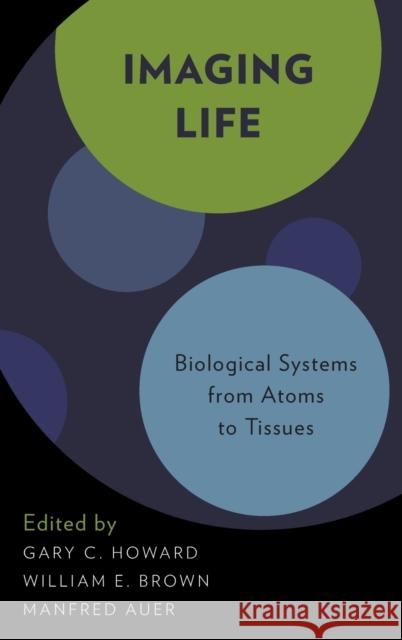Imaging Life: Biological Systems from Atoms to Tissues » książka
Imaging Life: Biological Systems from Atoms to Tissues
ISBN-13: 9780195314434 / Angielski / Twarda / 2014 / 480 str.
This volume provides an overview of a variety of approaches to biological image analysis, which allow for the study of living organisms at all levels of complexity and organization. These organisms range from individual macromolecules to subcellular and cellular volumes, tissues and microbial communities. Such a "systems biology" understanding of life requires the combination of a variety of imaging techniques, and with it an in-depth understanding of their respective strengths and limitations, as well as their intersection with other techniques. Howard, Brown, and Auer show us that the integration of these imaging techniques will allow us to overcome the reductionist approach to biology that dominated the twentieth century, which was aimed at examining the physical and chemical properties of life's constituents, one macromolecule at a time. However, while based on the laws of physics and chemistry, life is not simply a set of chemical reactions and physical forces; it features an exquisite spatiotemporal organization that allows an inconceivably large number of chemical processes to coexist, refined by billions of years of evolutionary experimentation.
And yet, many fundamental questions remain largely unanswered; Imaging Life argues that we are just now beginning to address the spatiotemporal organizational component of living processes. "Imaging" is needed in order to reveal the spatiotemporal relationships between components, and thus to understand organizational guiding principles of living systems. Only through imaging will we be able to decipher the mechanisms and the marvelous organization that enable and sustain the mystery of life. Imaging Life shows us how biology is beginning to do just that.











